황산아연은 물과 반응하는 흰색 가루입니다. 때때로 식물이 더 잘 자라도록 흙이나 물에 섞어 사용하기도 합니다. 하지만 황산아연이 환경에 좋을까요? 함께 자세히 알아보겠습니다!
황산아연이란 무엇인가?
황산아연은 아연 미네랄의 한 형태입니다. 아연은 식물, 동물, 인간에게 필수적인 영양소입니다. 토양에 황산아연을 첨가하면 식물이 빠르고 건강하게 자랄 수 있습니다. 그러나 과다하게 사용할 경우 환경에 해로울 수 있습니다. 아연은 중금속으로, 토양과 물에 축적되어 오염을 유발할 수 있기 때문입니다.
황산아연의 유기적 위험
연구자들은 황산아연이 환경에 안전한지 조사합니다. 그들은 황산아연이 얼마나 사용되는지, 어떤 환경에서 사용되는지, 그리고 어디에 적용되는지를 검토합니다. 또한 해당 지역의 토양과 물을 테스트하여 유해한 영향을 확인합니다. 이러한 모든 정보를 분석함으로써 황산아연이 안전한지 또는 규제가 필요한지를 판단할 수 있습니다.
농업 및 생태계 속의 황산아연
농민들은 황산아연을 사용함으로써 작물이 자라날 더 나은 기회를 제공합니다. 하지만 과도하게 사용하는 것에는 주의해야 합니다. 만약 황산아연을 과잉 사용하면 토양과 물을 오염시켜 식물과 동물의 생존 능력을 저하시킬 수 있습니다. 따라서 노출 관리와 책임감 있는 방법으로 황산아연을 사용하는 것이 농민들에게 중요합니다. 이처럼 해야만 지구를 보호하고 자연을 돕는 결과로 이어질 수 있습니다.
황산아연의 효과 및 지속 가능한 활용
황산아연은 다량으로 사용할 경우 환경에 해로울 수 있습니다. 예를 들어, 강과 호수를 오염시켜 물고기와 다른 수생 생물을 해칠 수 있습니다. 이를 방지하기 위해 연구자들과 농부들은 황산아연 사용 방법을 개선하기 위한 새로운 전략을 함께 개발하고 있습니다. 여기에는 덜 사용하거나, 가능하면 재활용하며, 환경에 더 좋은 대안 물질을 찾는 방법이 포함됩니다. 우리는 자연과 모든 생명체의 지속 가능성을 확보해야 합니다.
황산아연 안전하게 사용하기
황산아연을 안전하게 사용하려면 올바른 양을 올바른 시기에 그리고 물에 씻겨들어가지 않을 장소에서 사용하는 등 사용 지침을 따라야 합니다. 농부들은 또한 작물을 바꾸고 유기 비료를 사용함으로써 황산아연 사용량을 줄일 수 있습니다. 책임감 있게 황산아연을 사용한다면 우리는 자연을 보호하고 다음 세대를 위한 건강한 세상을 유지할 수 있습니다.
환경 보호를 위해 신중하게 사용된다면 황산아연은 농부들과 정원사들에게 유용한 선택이 될 수 있습니다. 그 영향에 대한 이해를 바탕으로 위험을 통제함으로써 지속 가능한 사용이 가능해지며, 황산아연이 자연에 안전하게 사용될 수 있습니다. 함께 노력하여 모두를 위한 더 푸르고 건강한 세상을 만들어 갑시다.
 EN
EN
 AR
AR
 FR
FR
 KO
KO
 PT
PT
 RU
RU
 ES
ES
 ID
ID
 SW
SW
 BN
BN

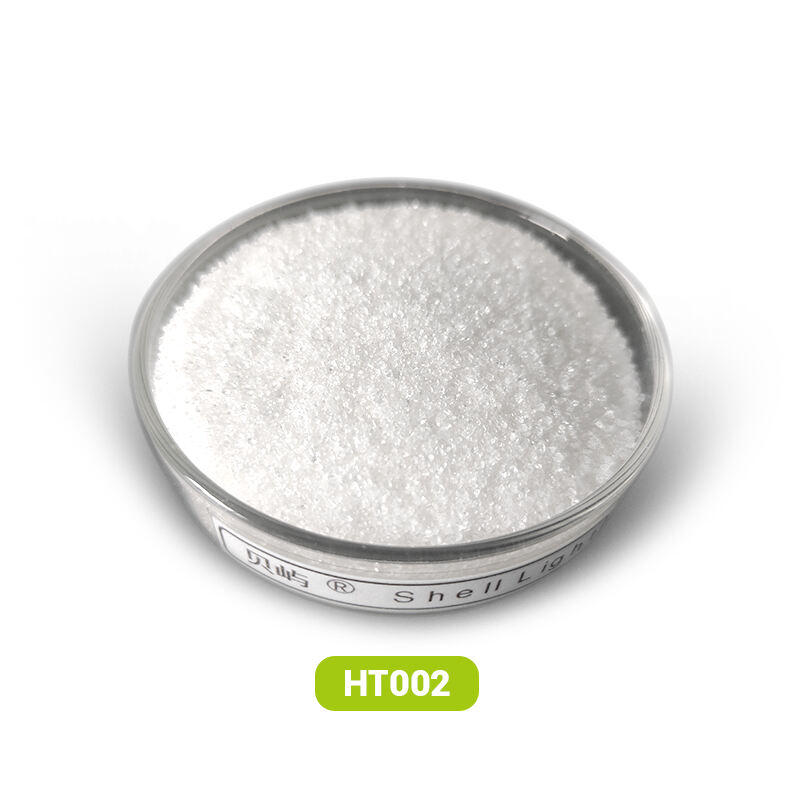 초강력 흡수성 중합체 포타슘 폴리아크릴레이트
초강력 흡수성 중합체 포타슘 폴리아크릴레이트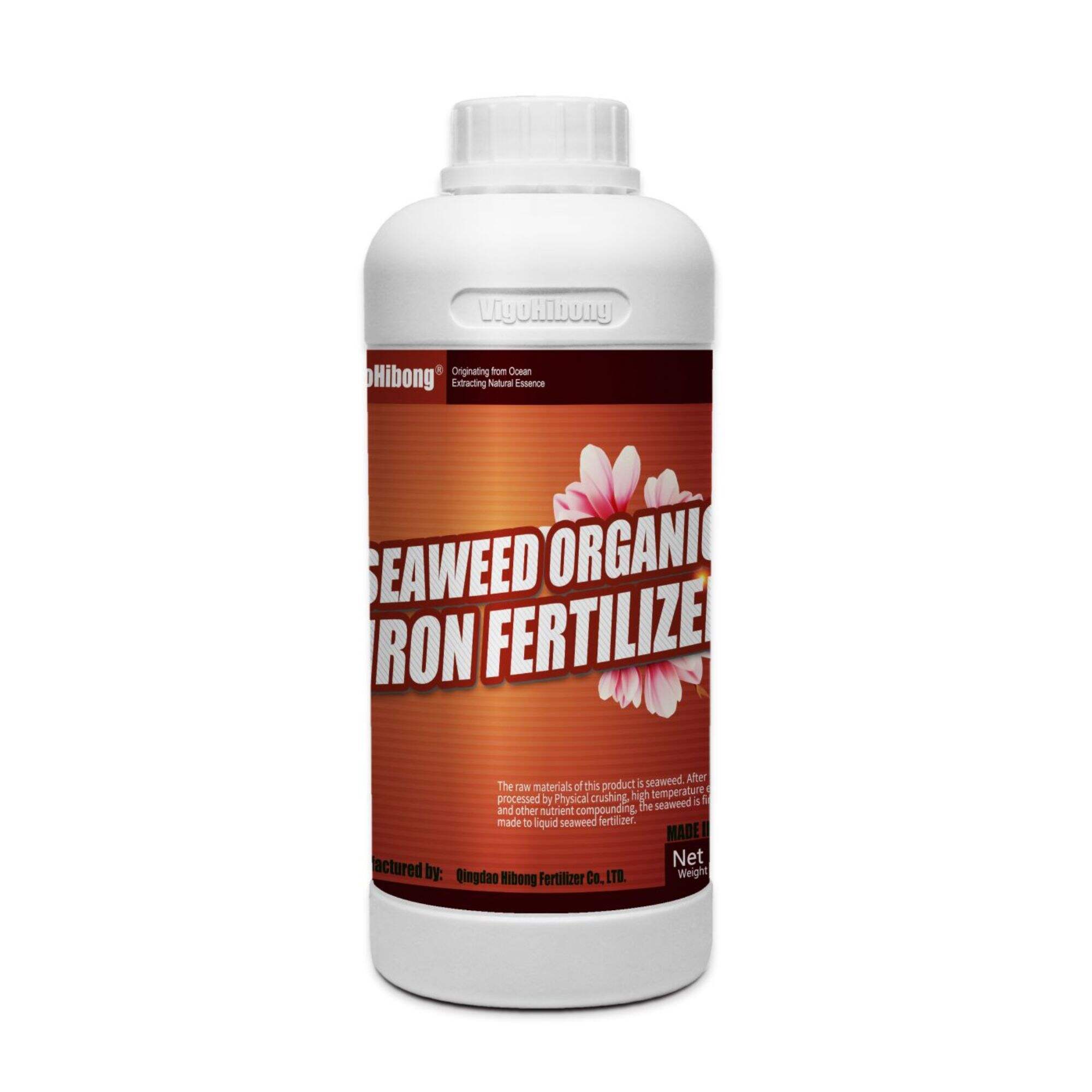 해조류 철분 액체 비료
해조류 철분 액체 비료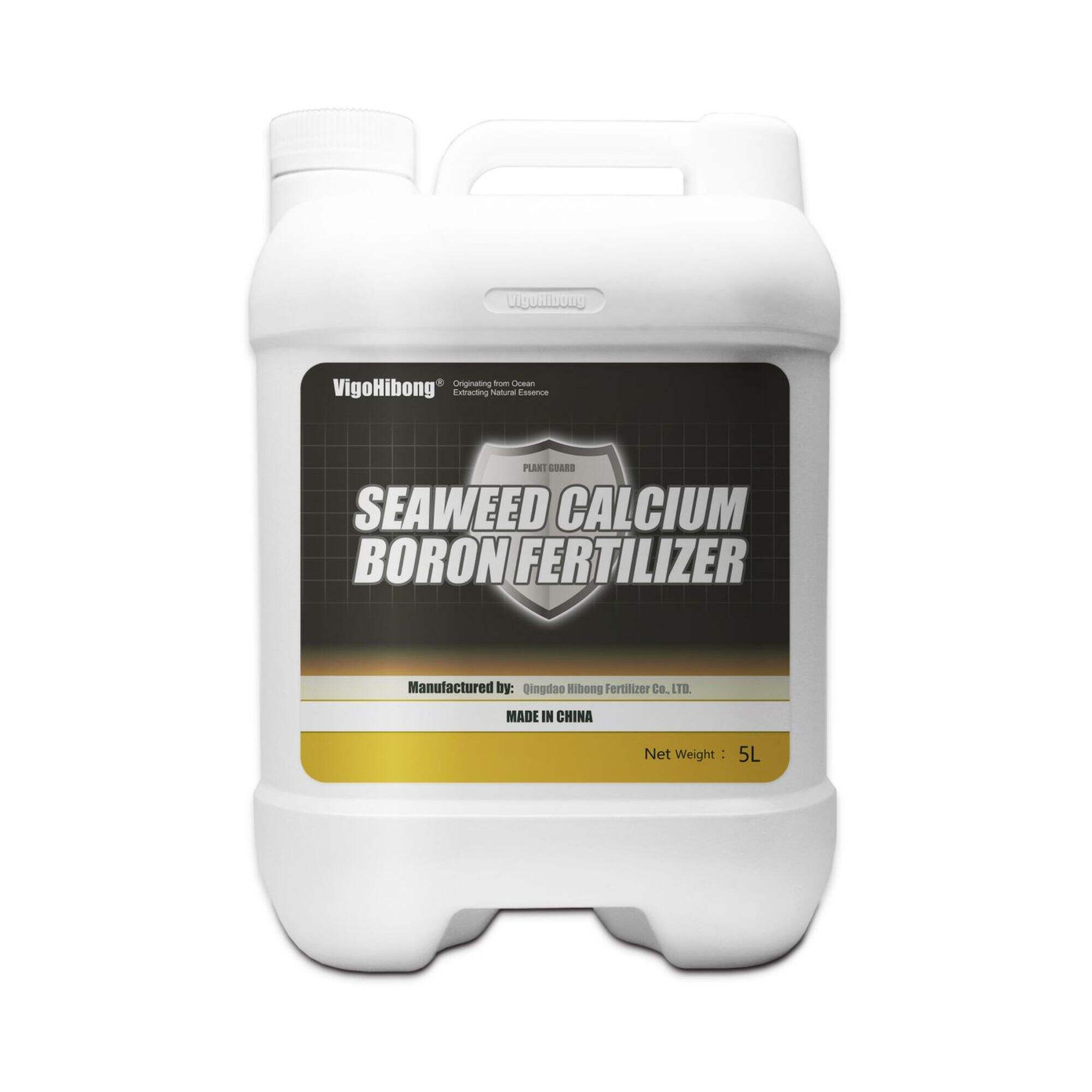 해조류 칼슘 마그네슘 액체 비료
해조류 칼슘 마그네슘 액체 비료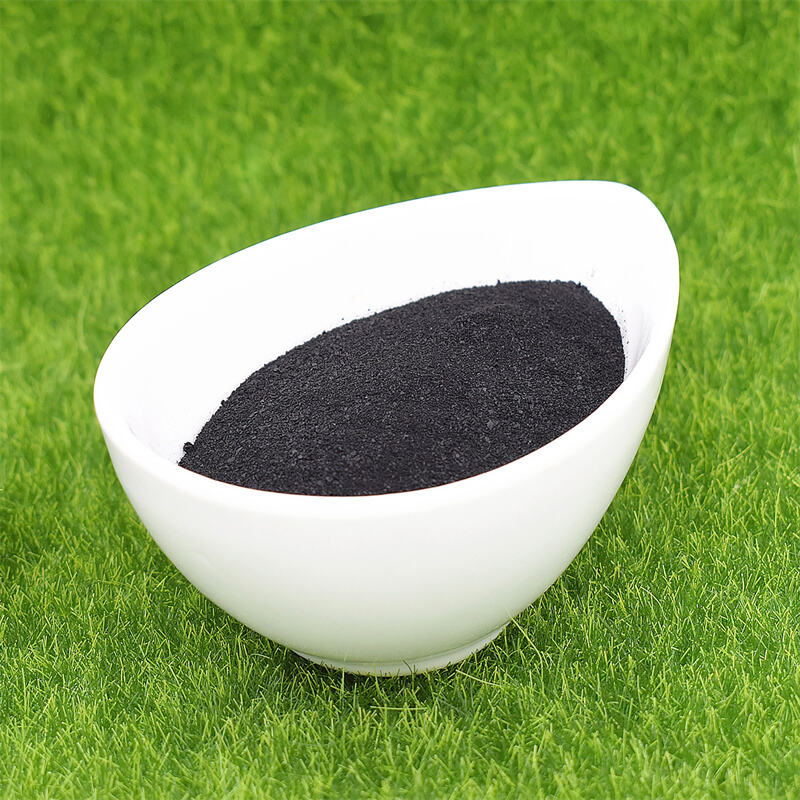 해조류 추출 분말
해조류 추출 분말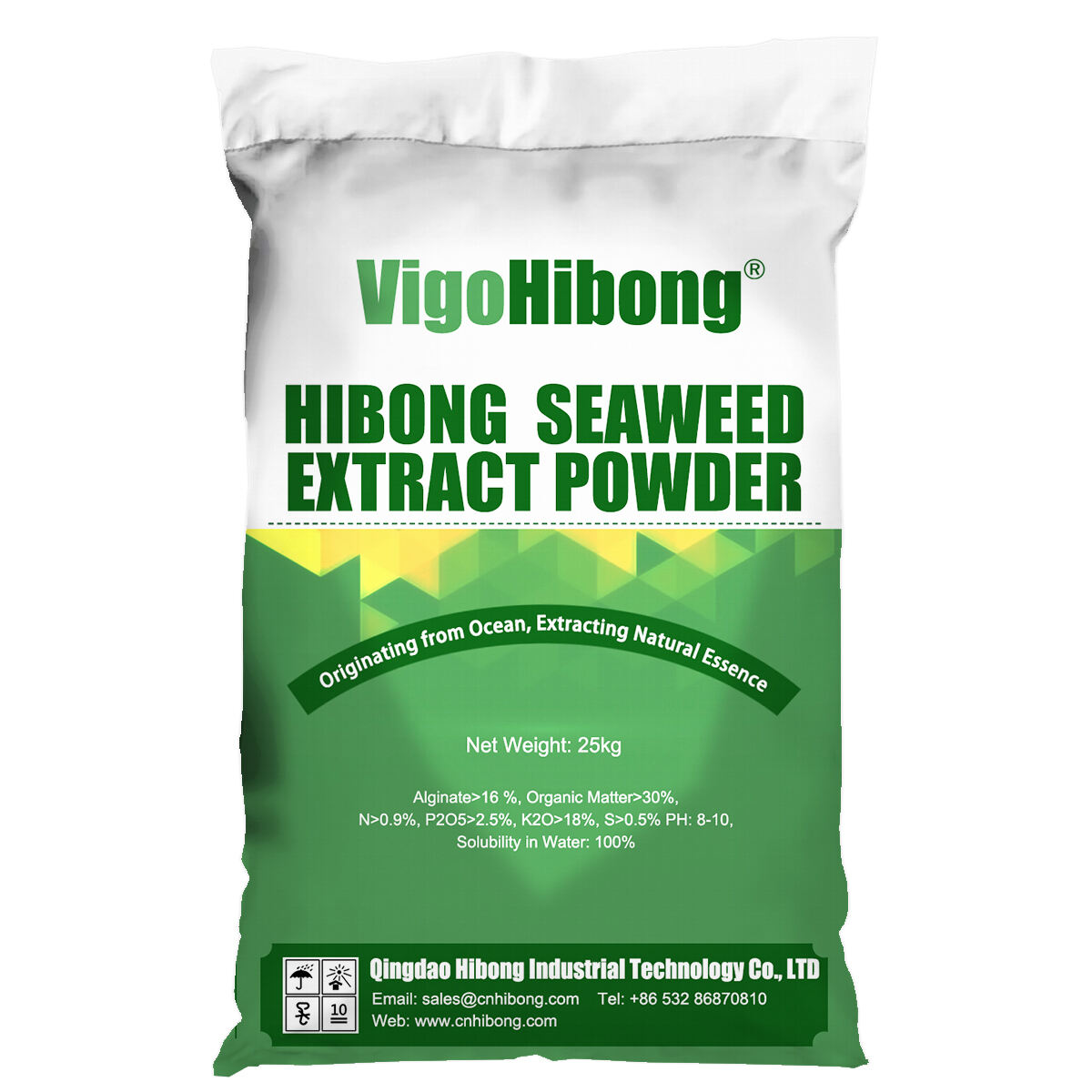 해조류 추출 가루
해조류 추출 가루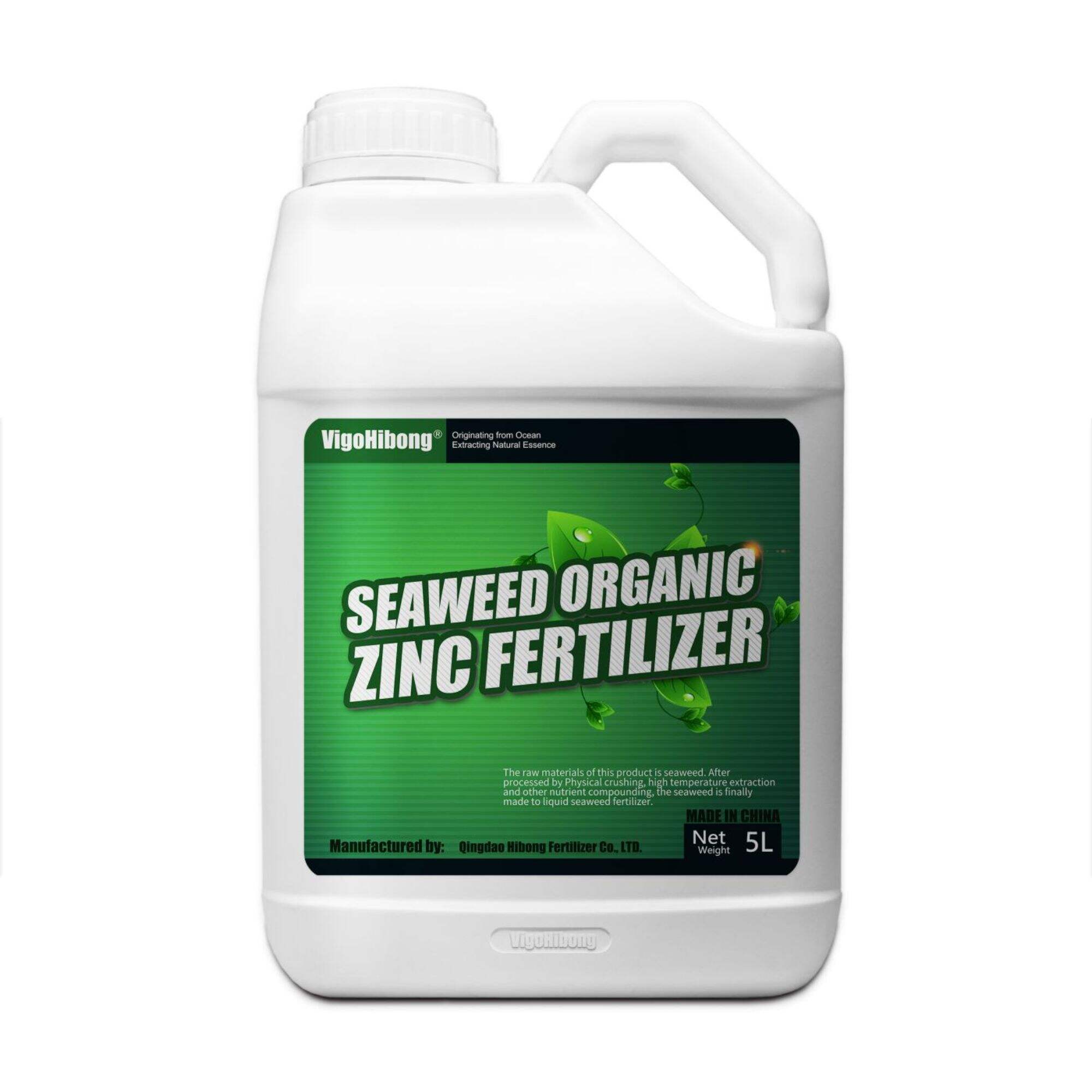 해조류 아연 액체 비료
해조류 아연 액체 비료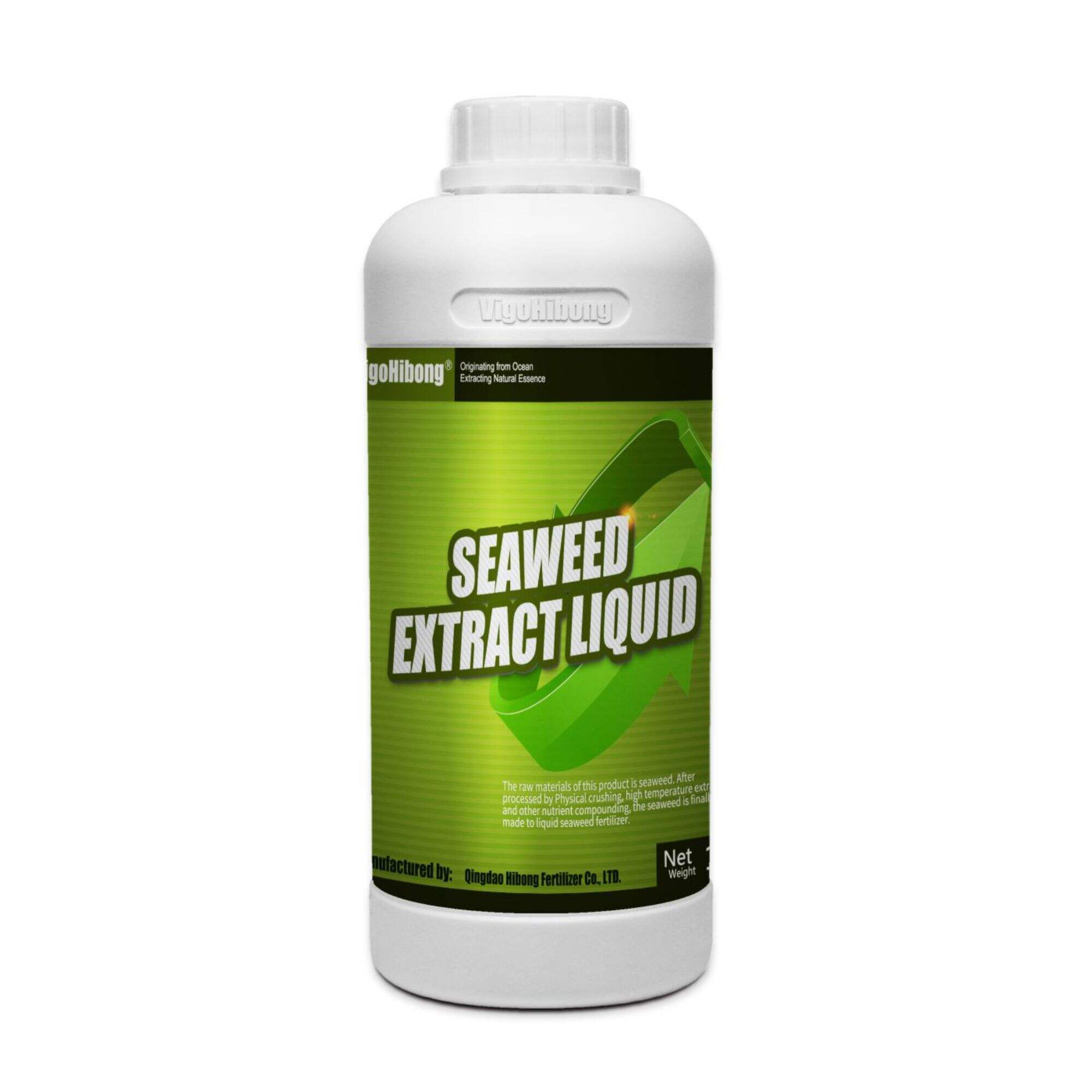 해조류 액체 실리콘 비료
해조류 액체 실리콘 비료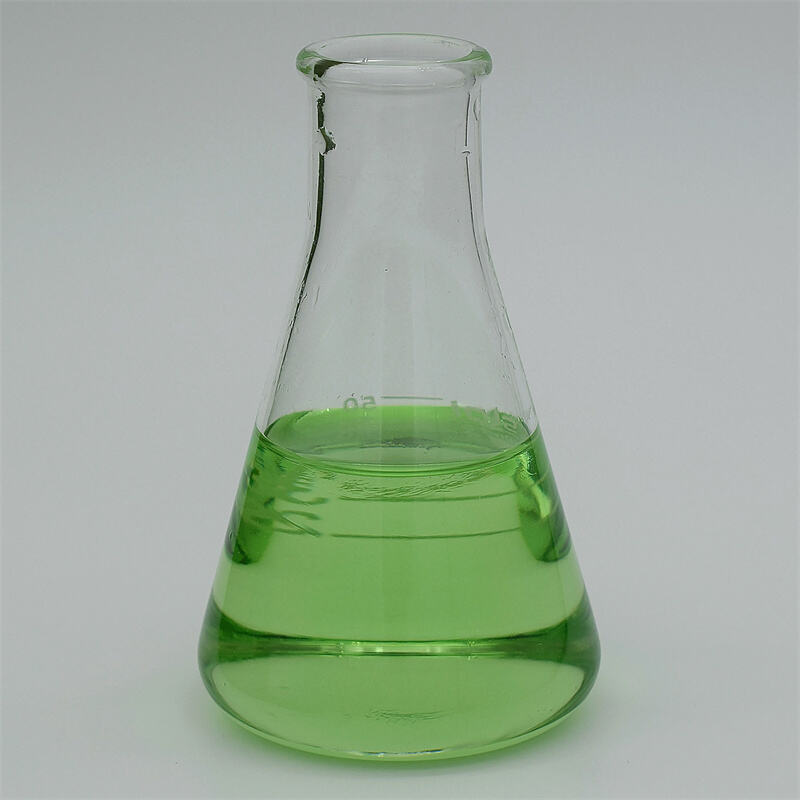 액체 해조류 비료
액체 해조류 비료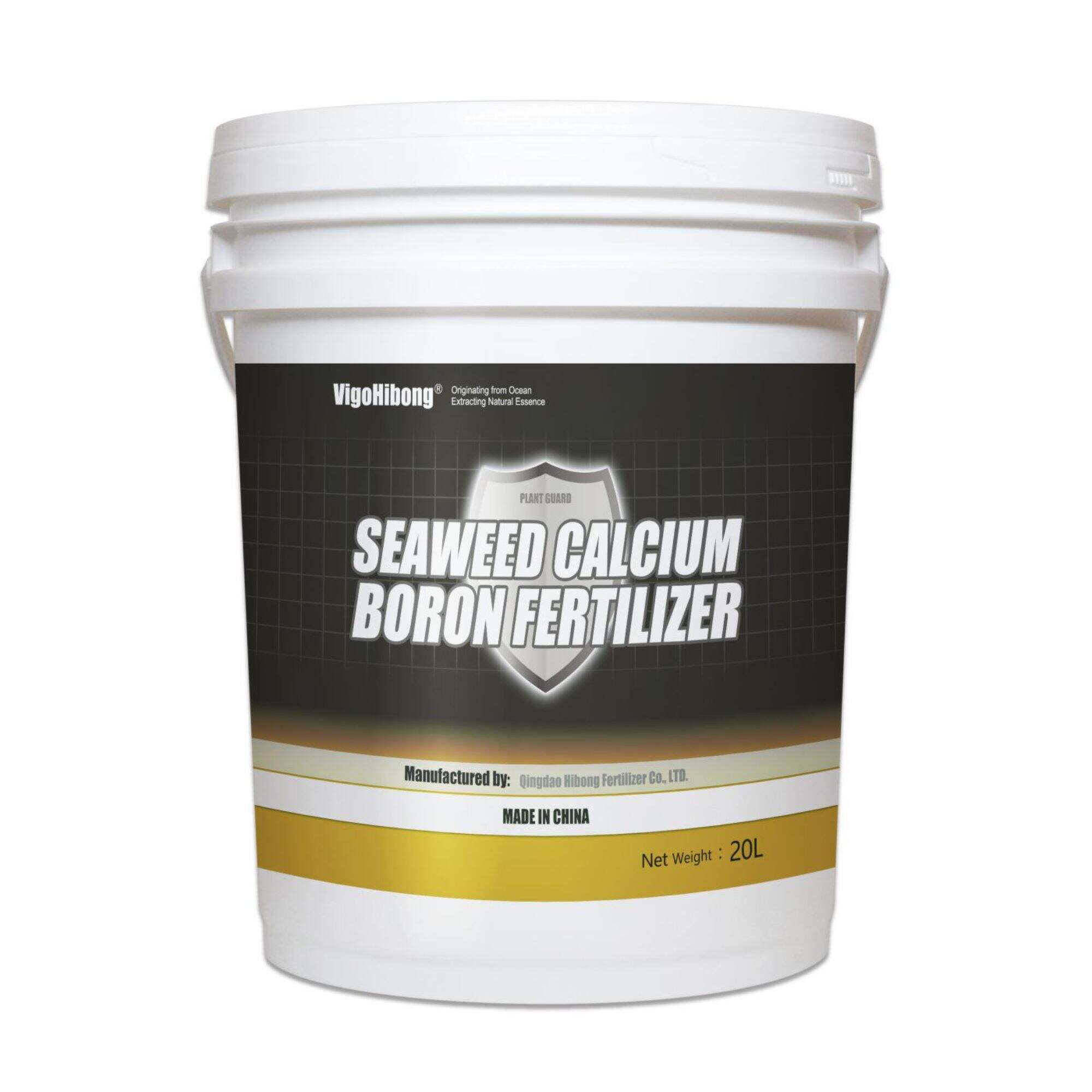 해조류 유기 액체 칼슘 보론 비료
해조류 유기 액체 칼슘 보론 비료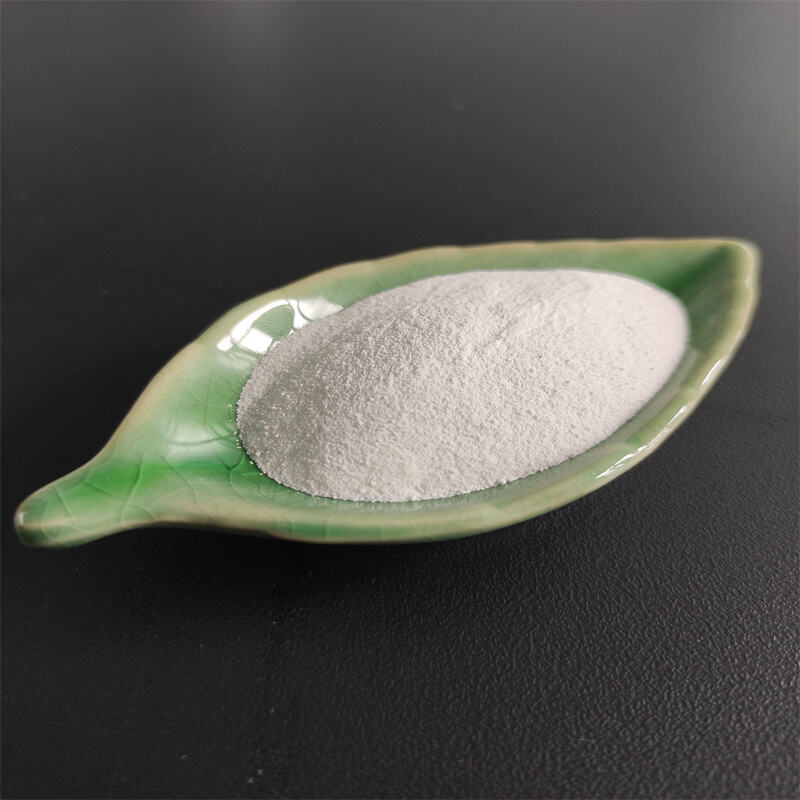 L-시스틴
L-시스틴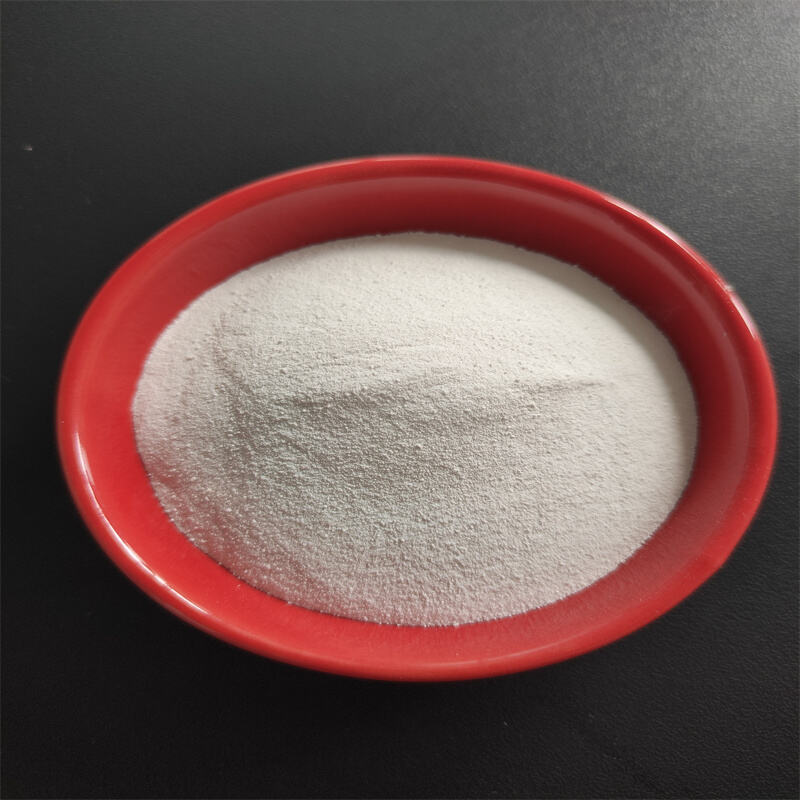 L-류신
L-류신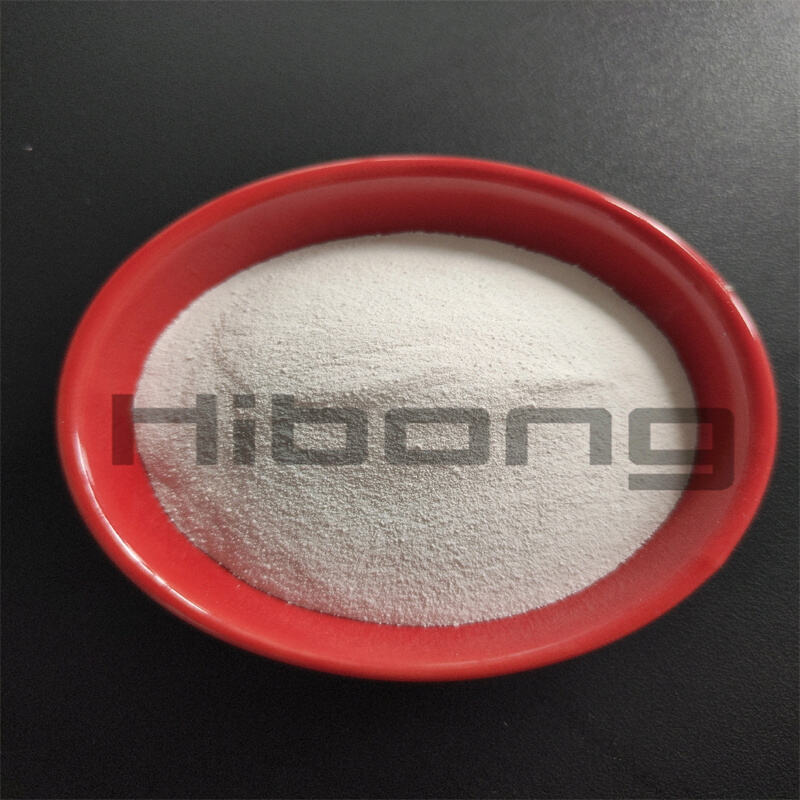 L-시스테인
L-시스테인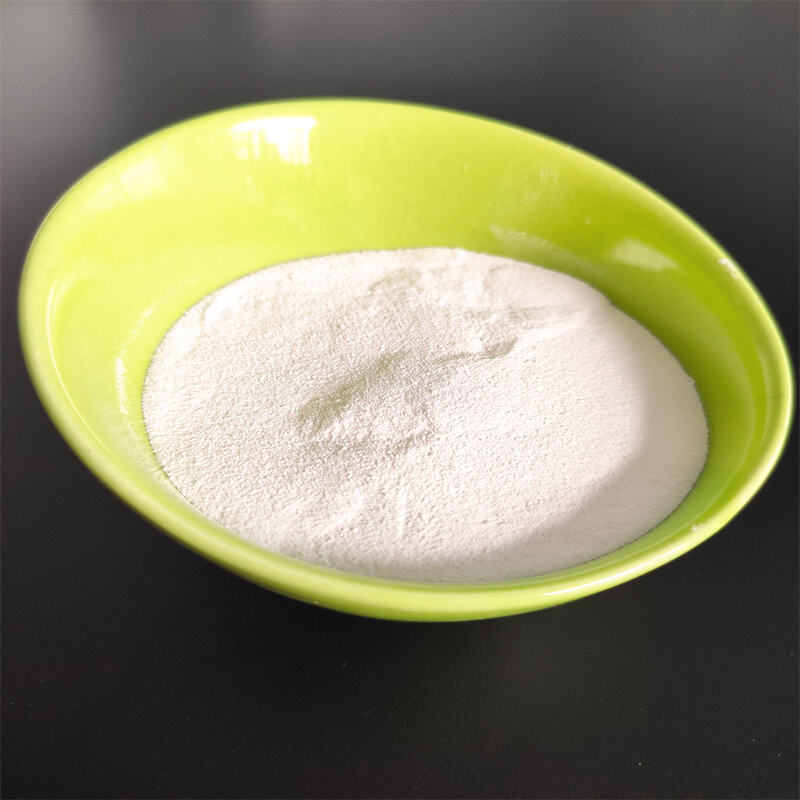 L-아르기닌
L-아르기닌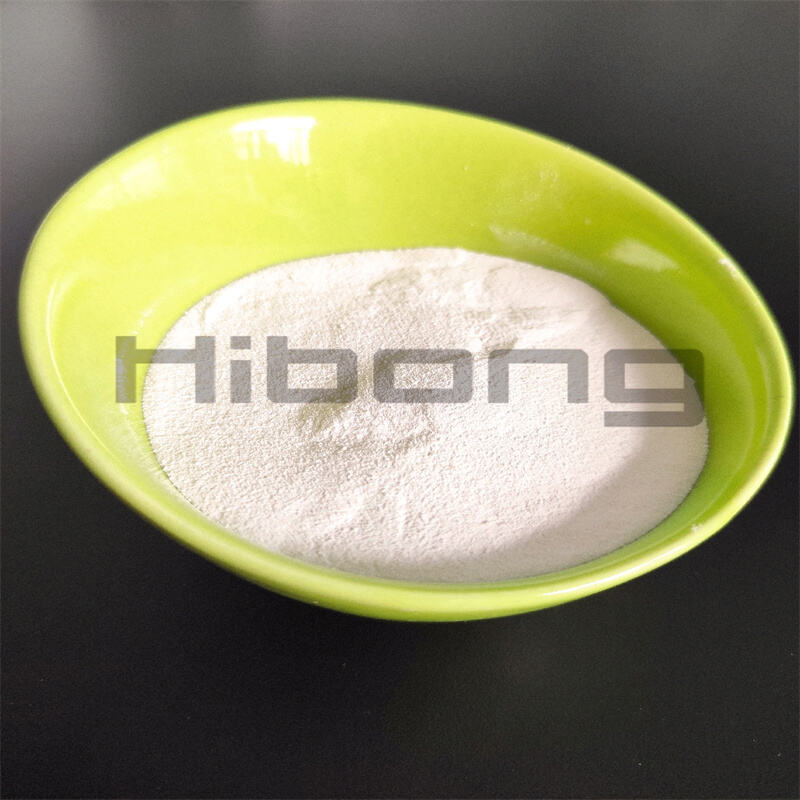 L-라이신
L-라이신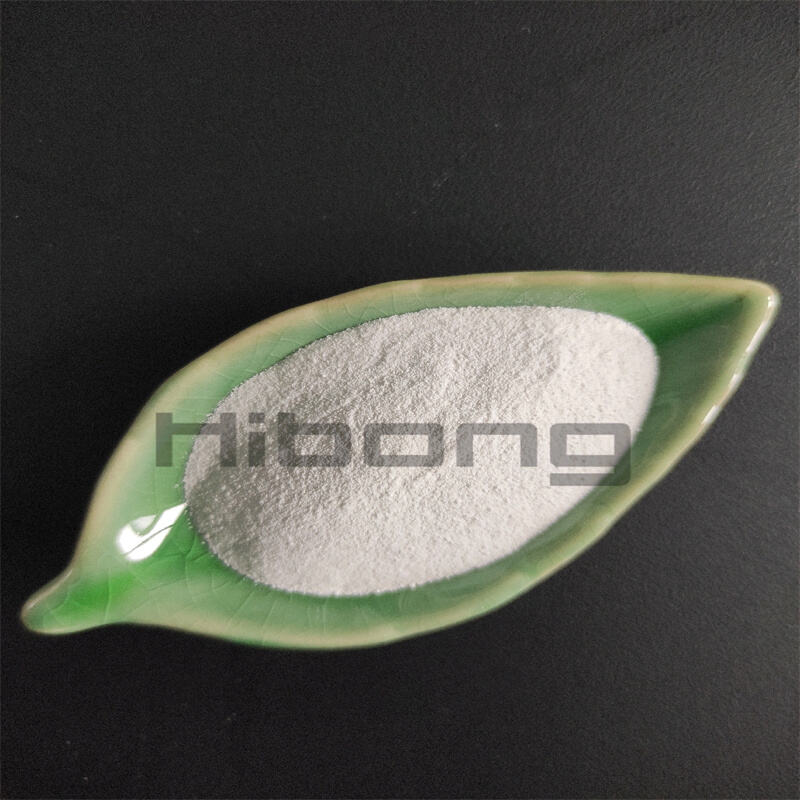 L-티오프롤린
L-티오프롤린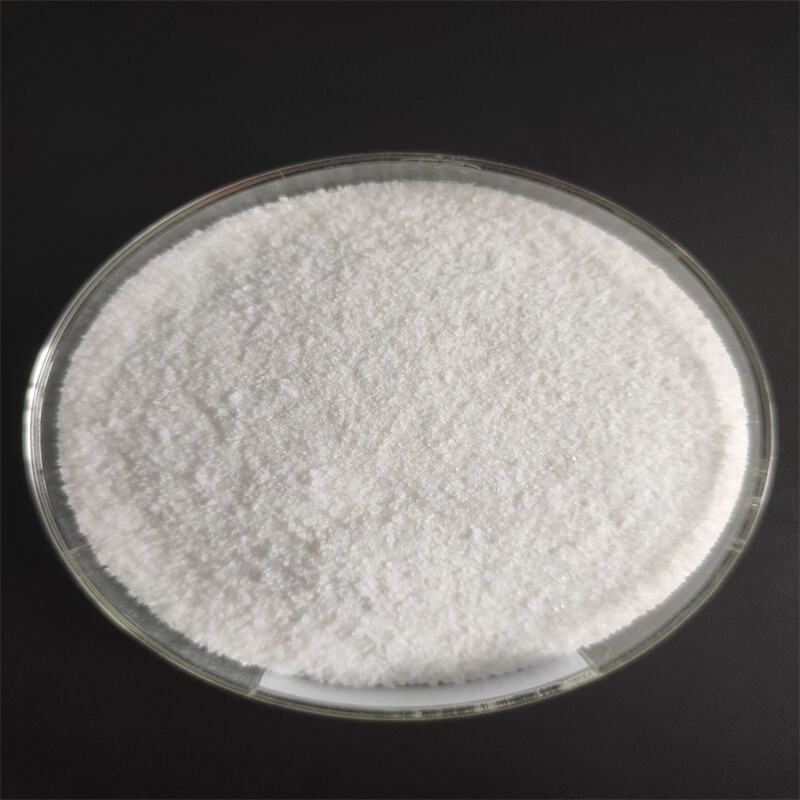 알루미늄 설페이트
알루미늄 설페이트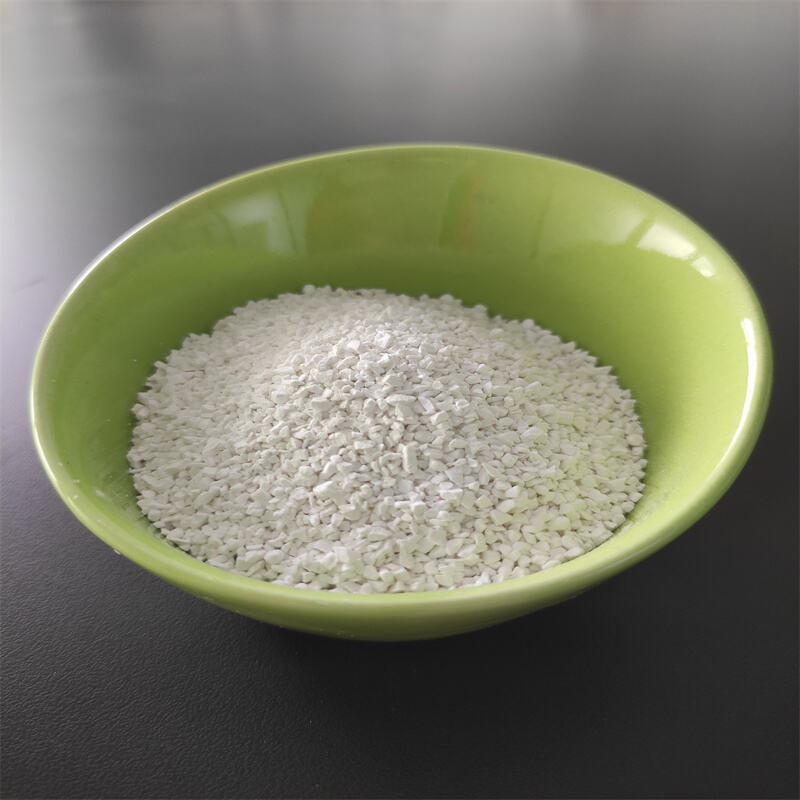 칼슘 하이포클로리트
칼슘 하이포클로리트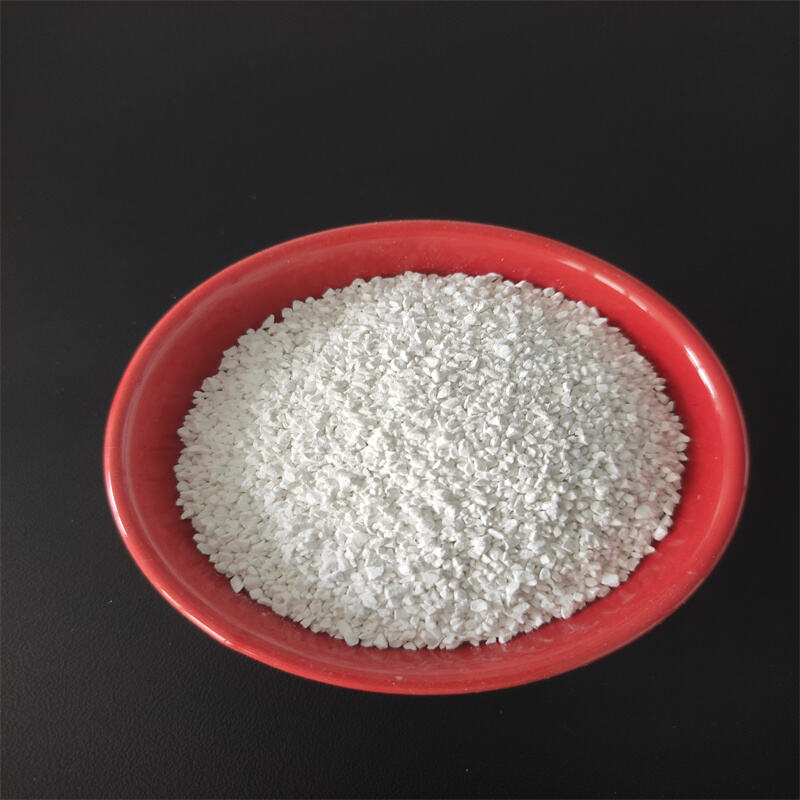 이산화염소
이산화염소 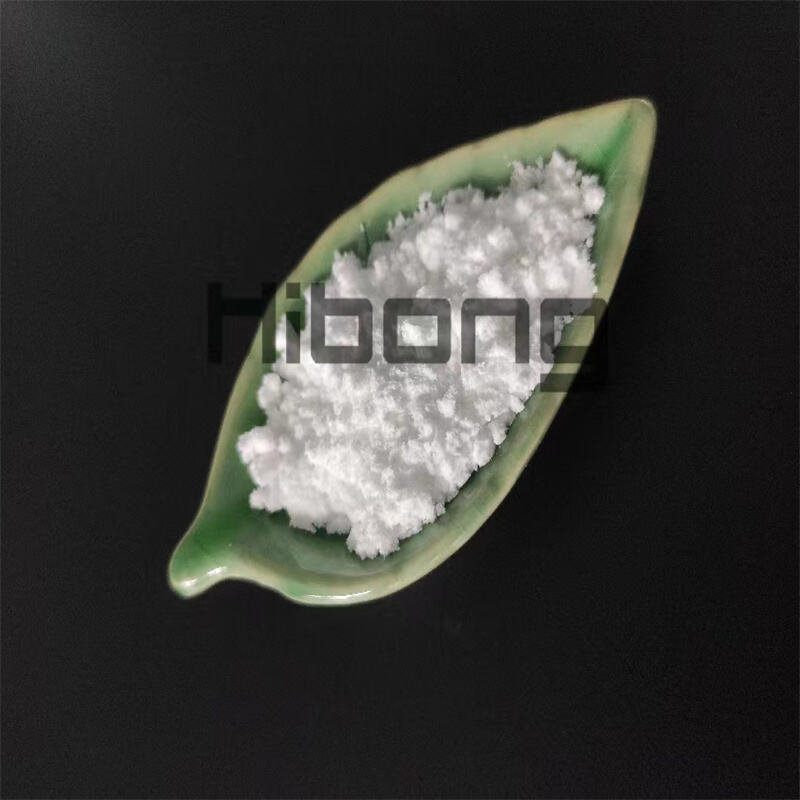 시아누릭 산
시아누릭 산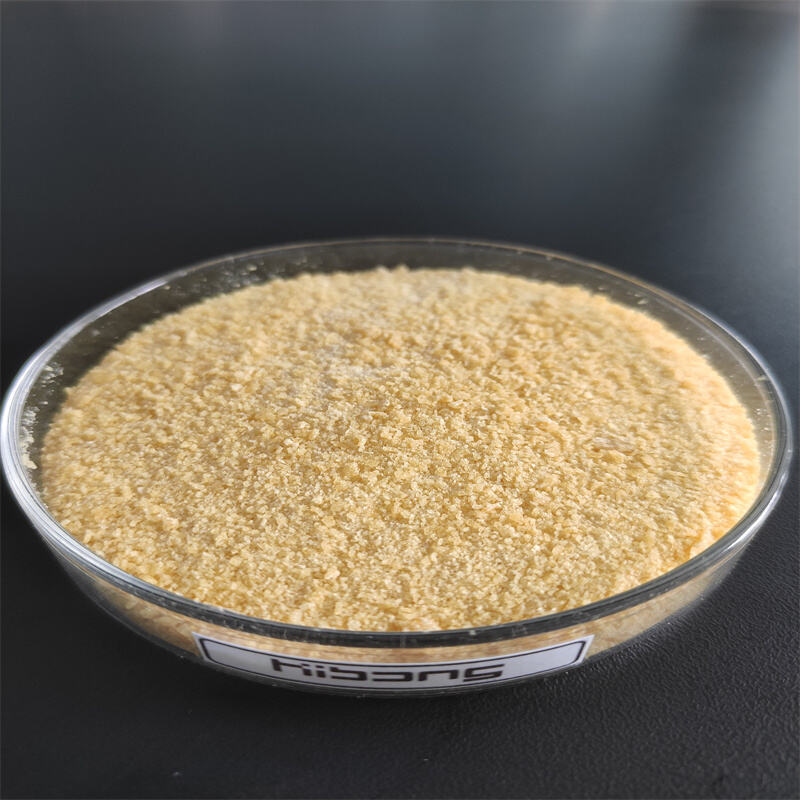 폴리알루미늄 염화물
폴리알루미늄 염화물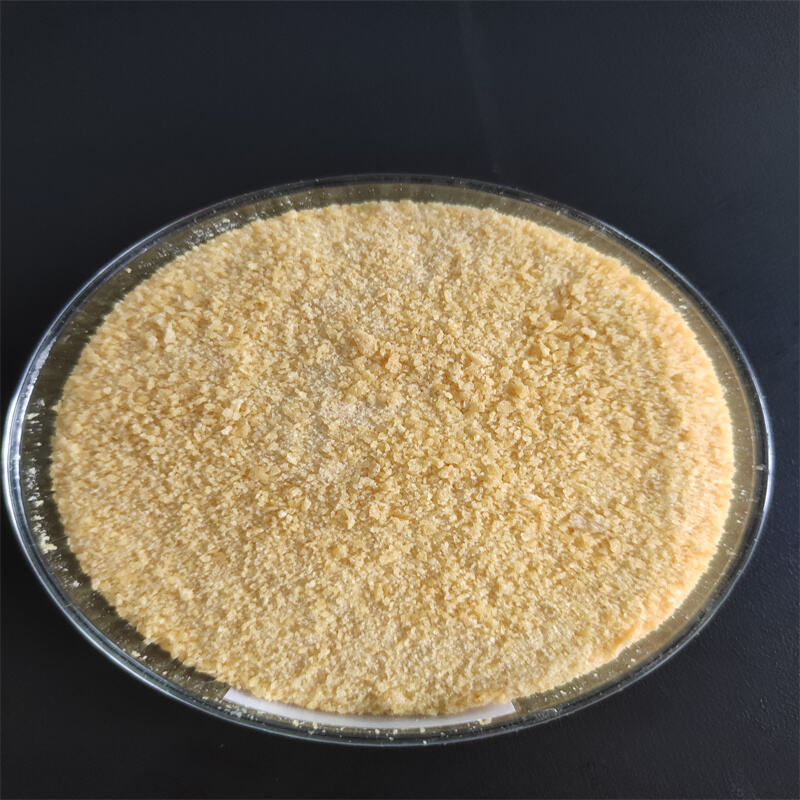 폴리아크라일라미드
폴리아크라일라미드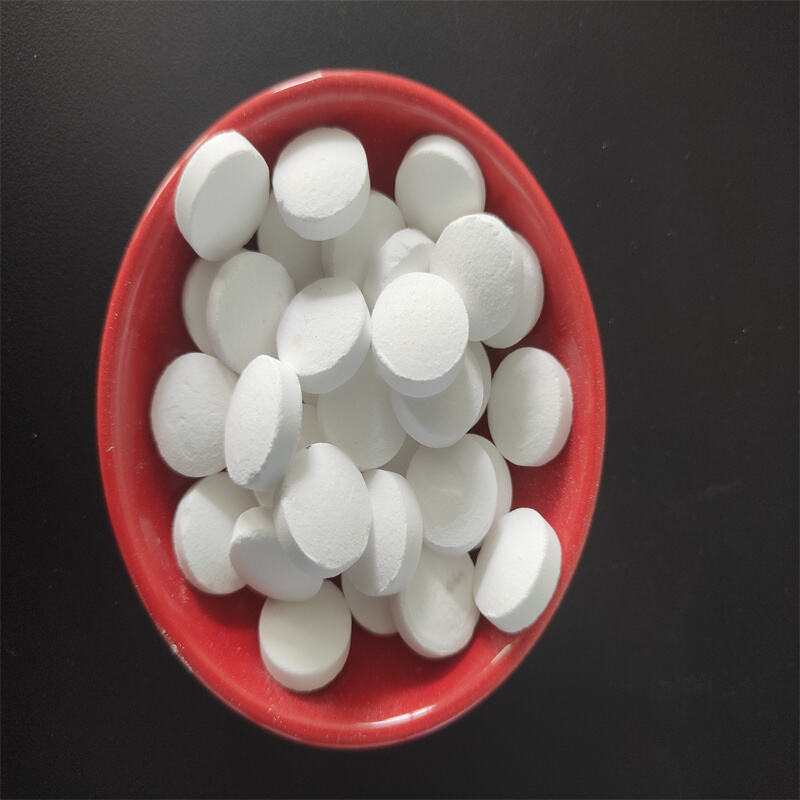 이산화염소이소시아네이트 (SDIC)
이산화염소이소시아네이트 (SDIC)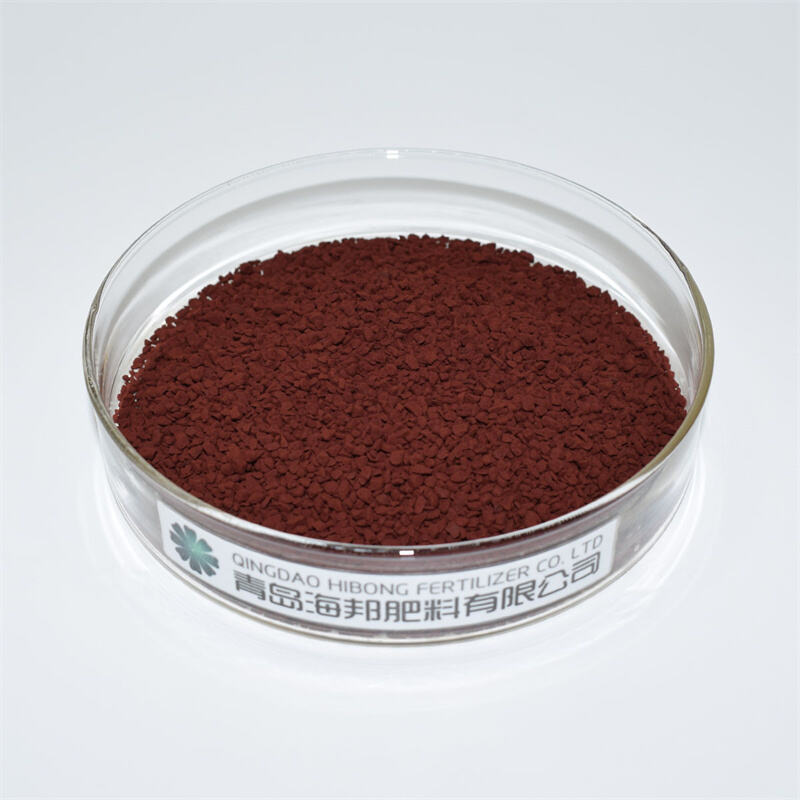 EDDHA 철 분말
EDDHA 철 분말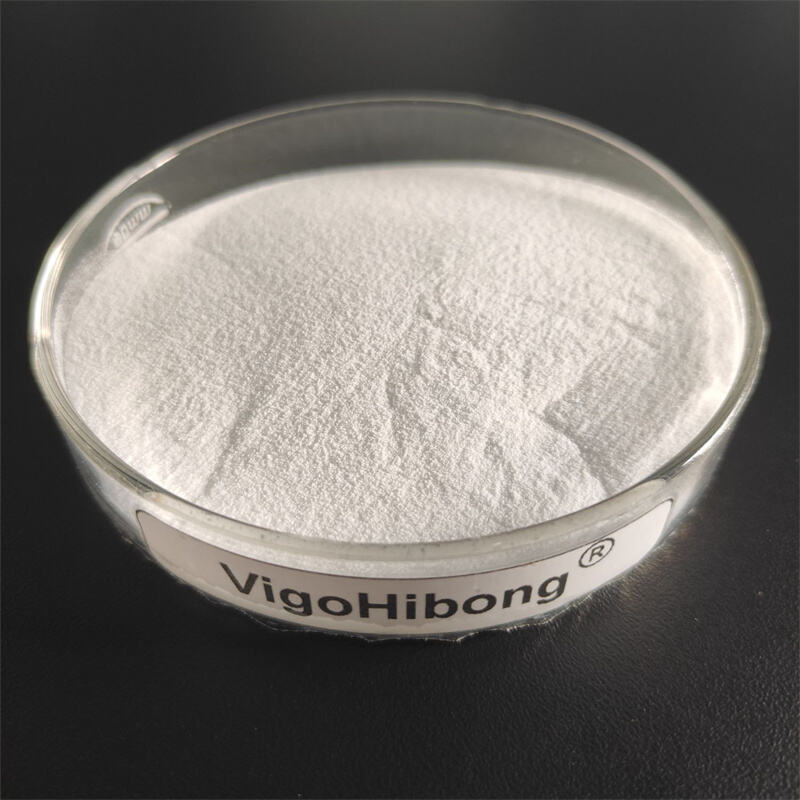 EDTA 2NA
EDTA 2NA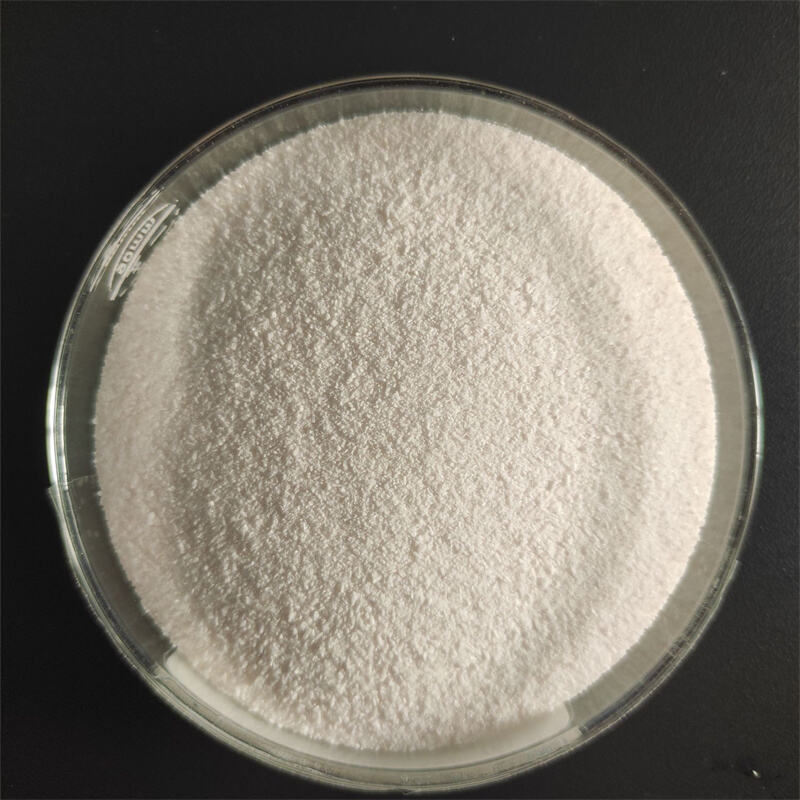 EDTA 4NA
EDTA 4NA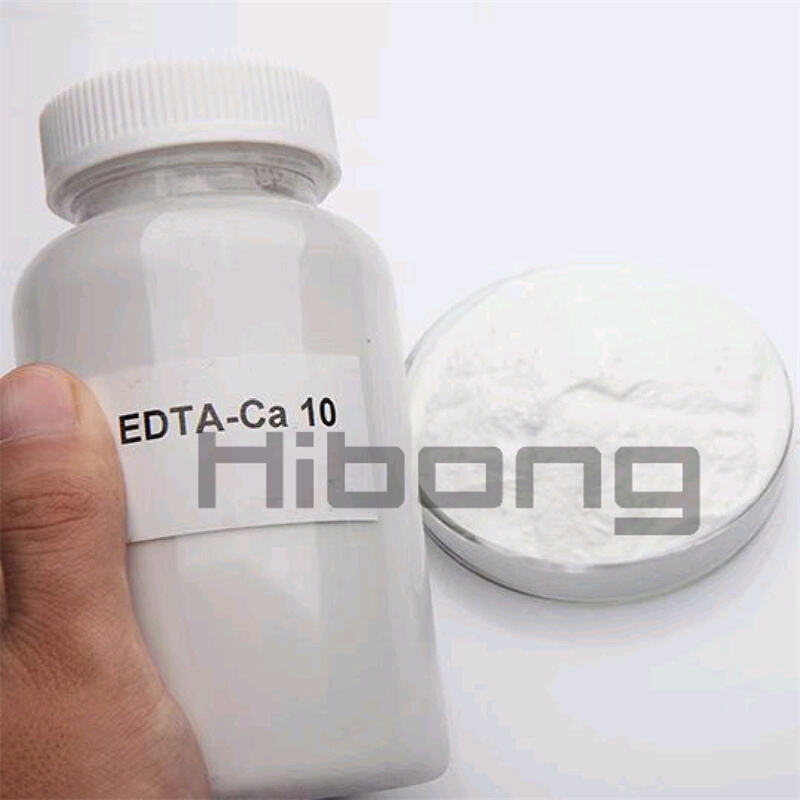 EDTA 칼슘
EDTA 칼슘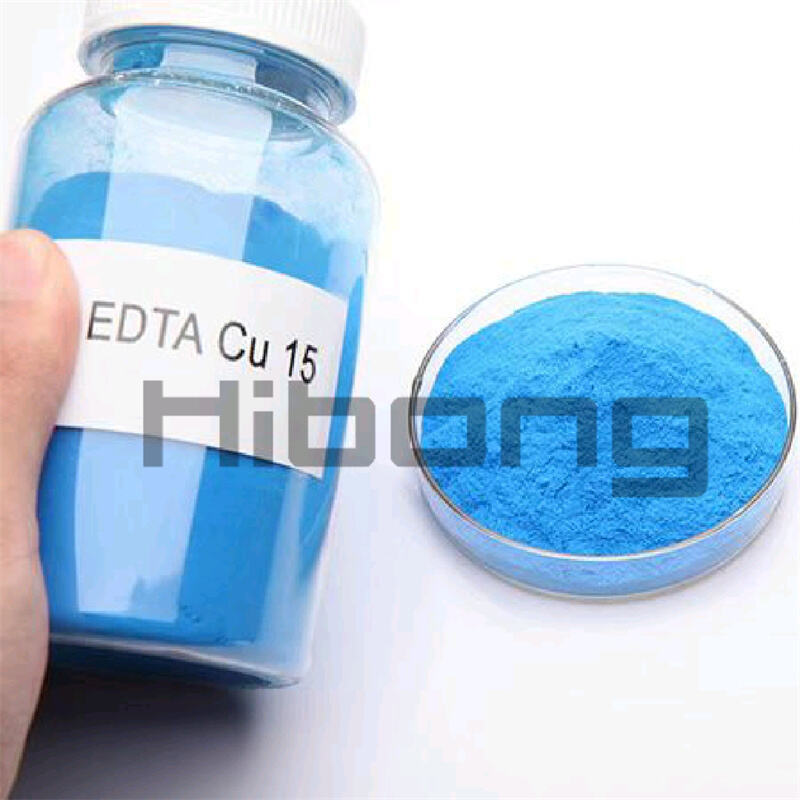 에디타 구리 13%
에디타 구리 13%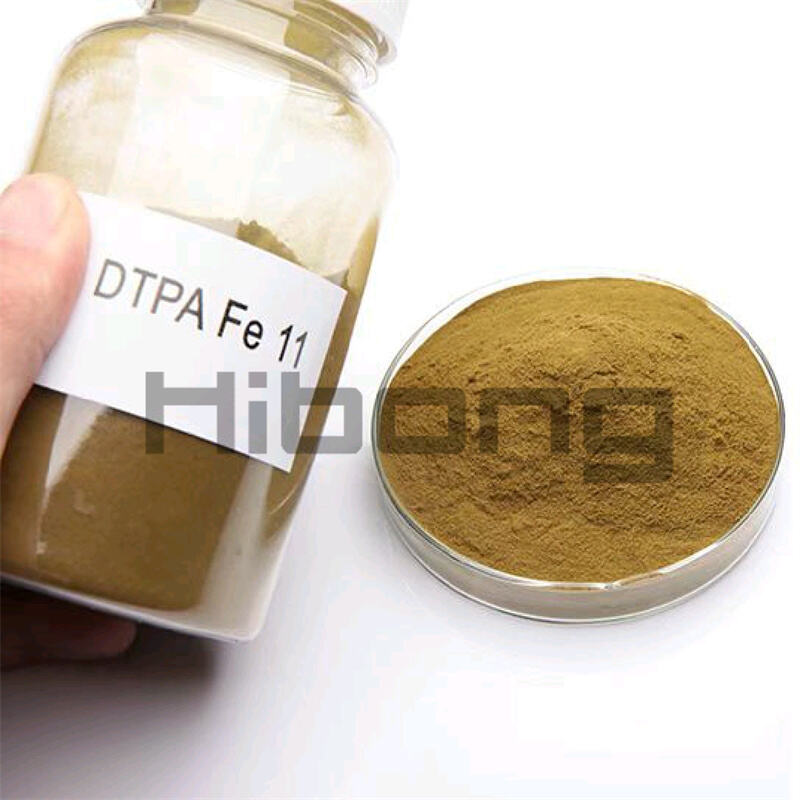 EDTA 철
EDTA 철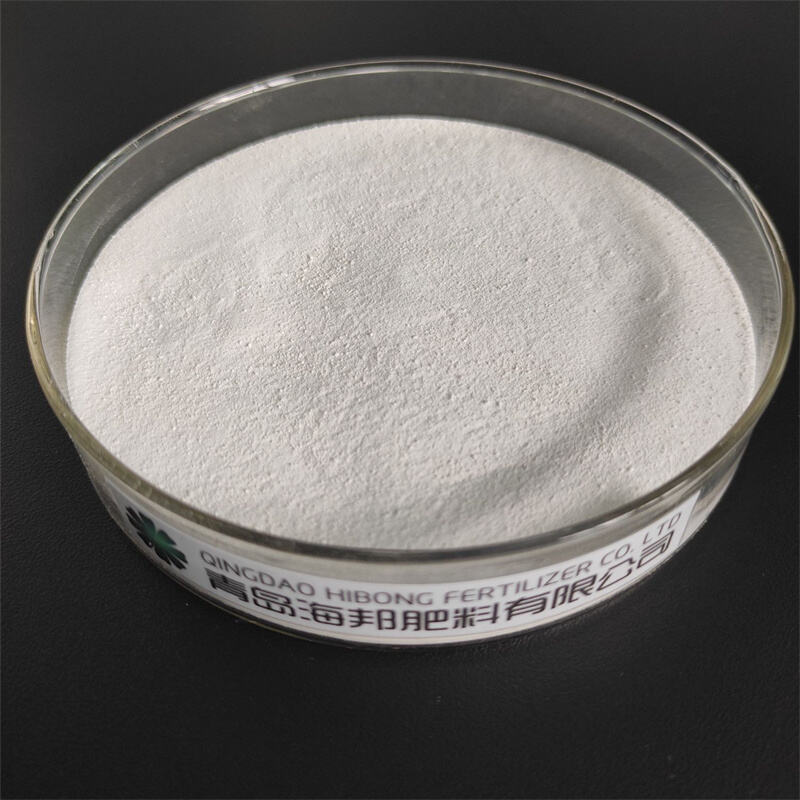 EDTA 마그네슘
EDTA 마그네슘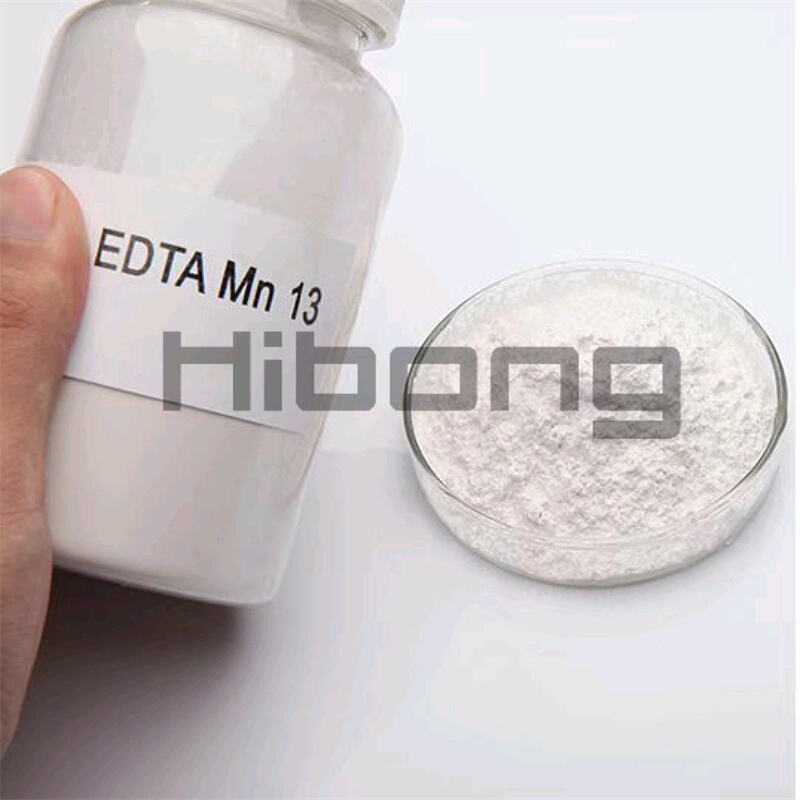 EDTA 망간
EDTA 망간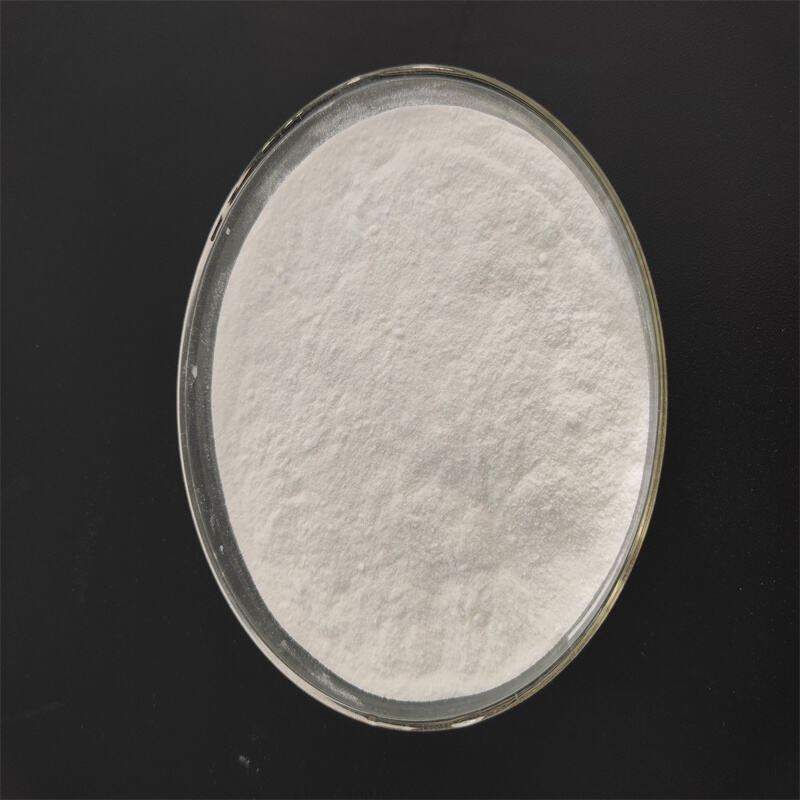 6-벤질아미노푸린(6BA)
6-벤질아미노푸린(6BA)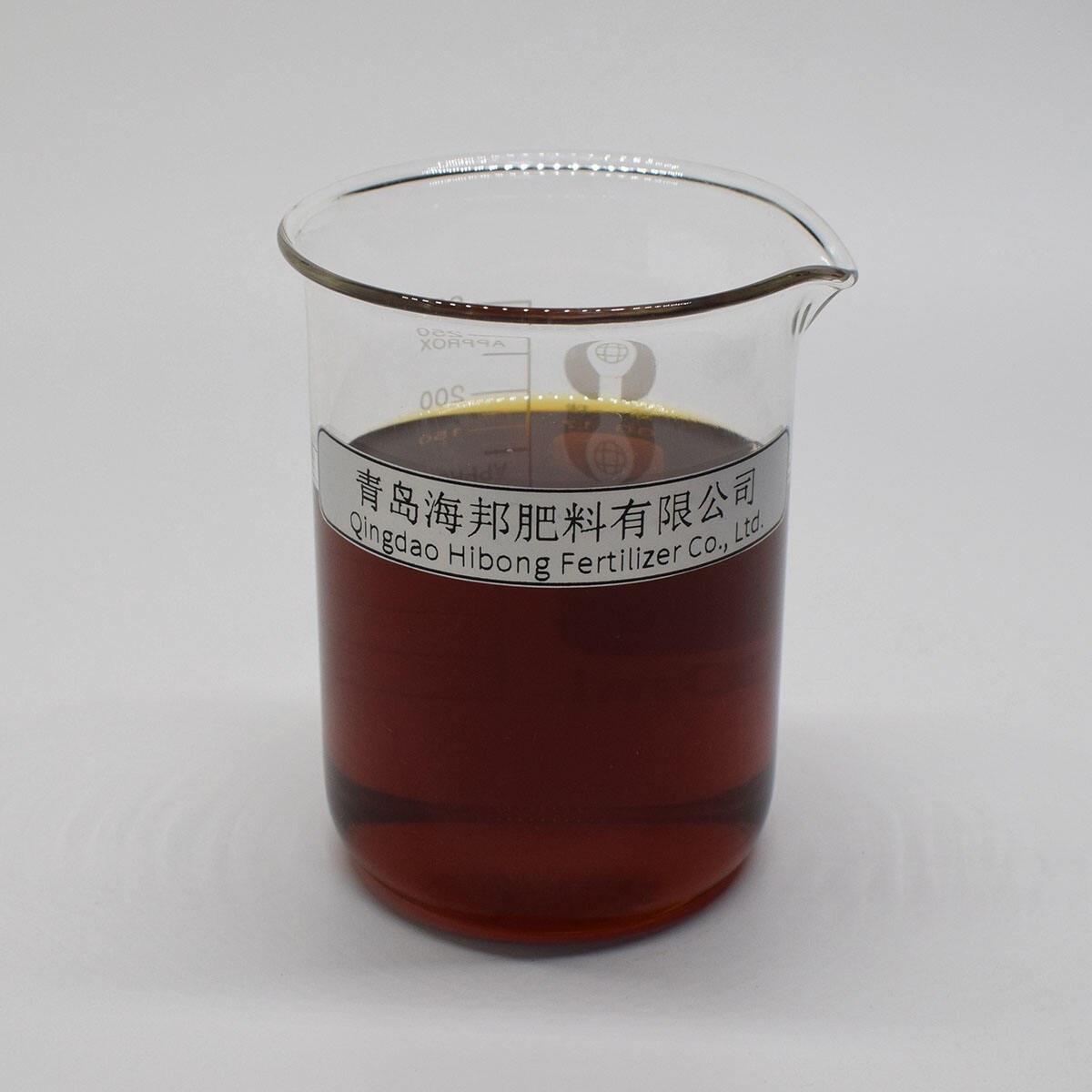 GA3 4% EC 액체
GA3 4% EC 액체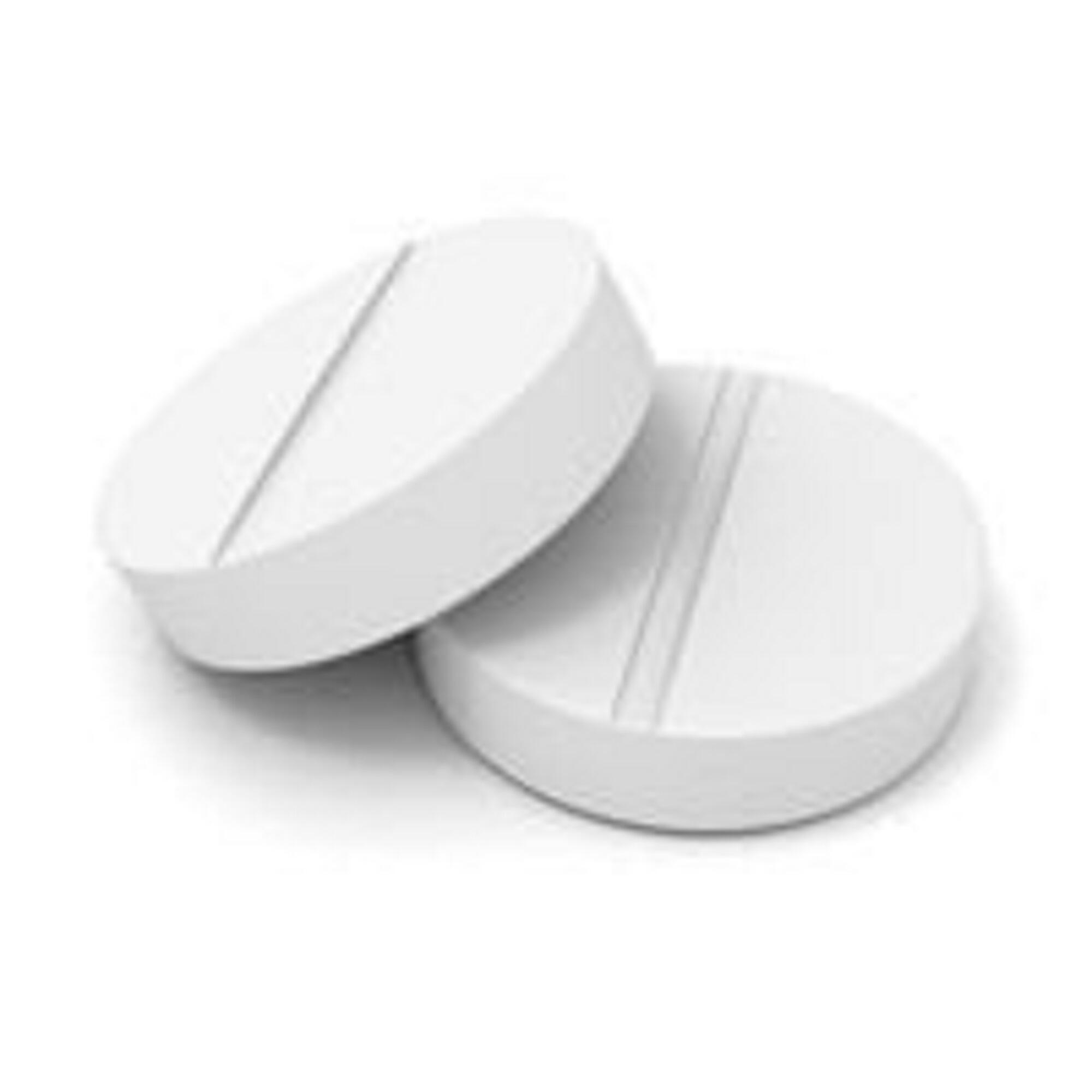 GA3 10% TB 10g 타블렛
GA3 10% TB 10g 타블렛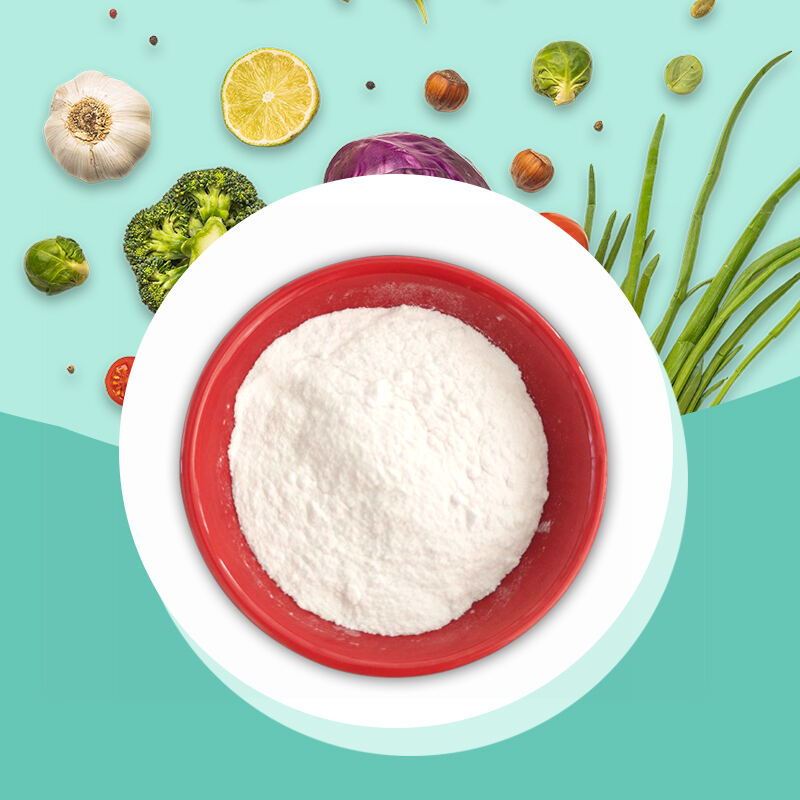 GA3 90% TC 파우더
GA3 90% TC 파우더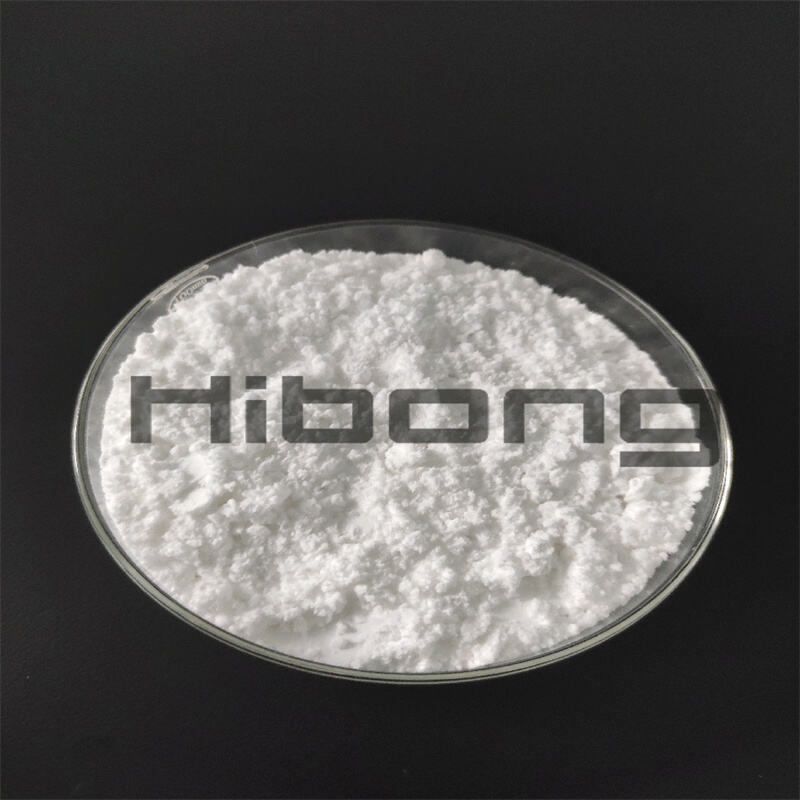 디에틸아미노에틸헥사노에이트(DA6)
디에틸아미노에틸헥사노에이트(DA6)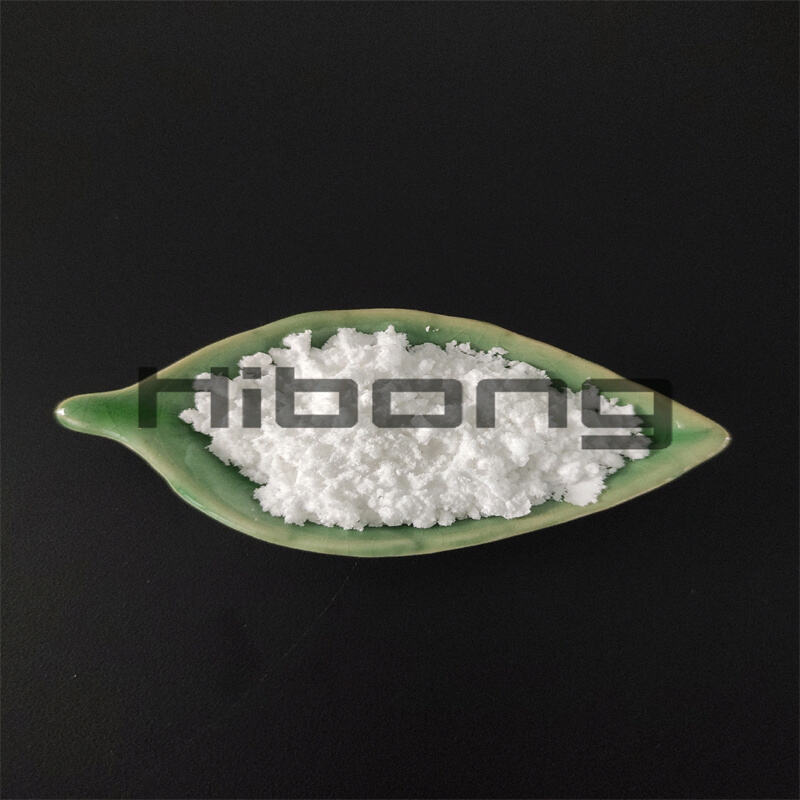 파클로부트라졸 15%WP 분말
파클로부트라졸 15%WP 분말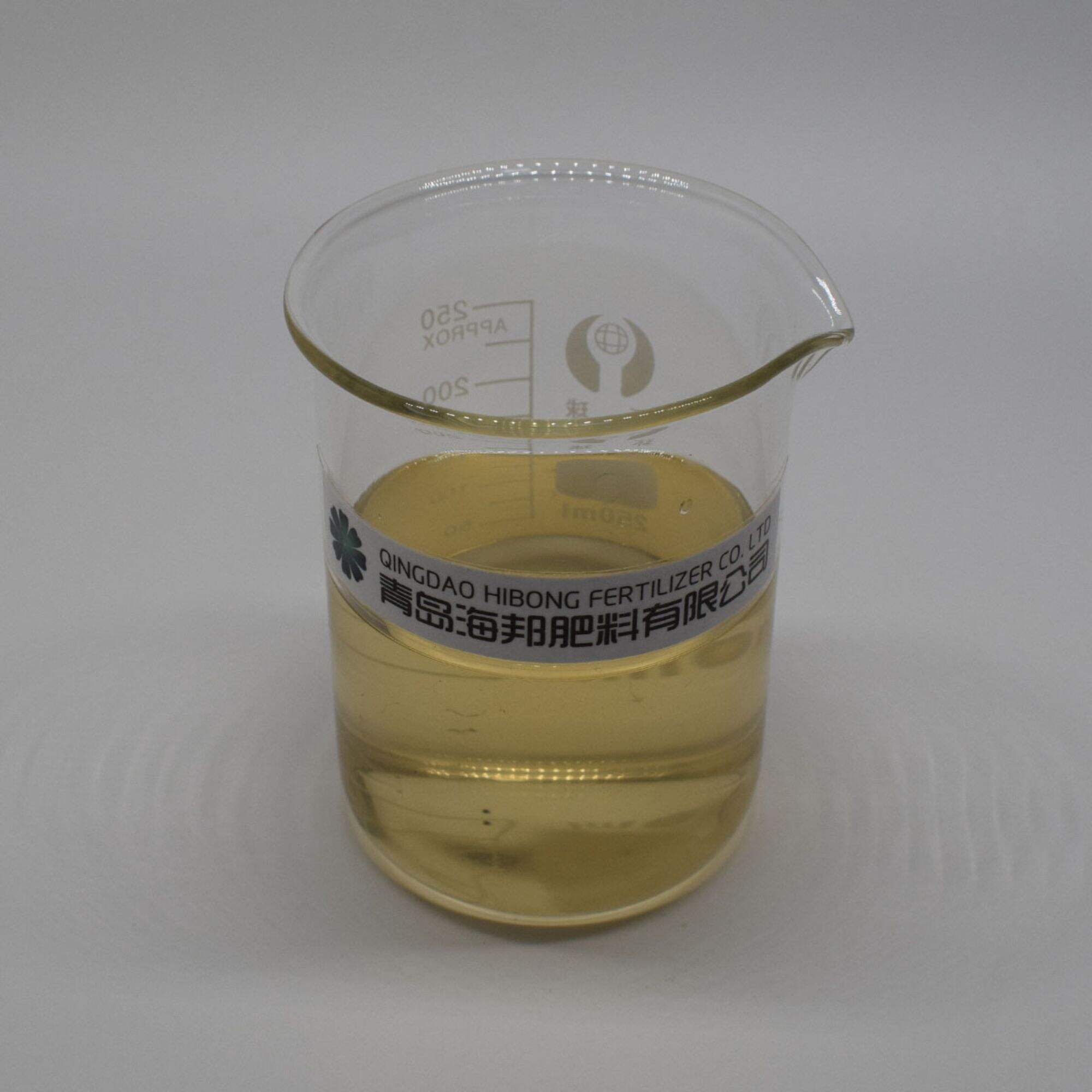 파클로부트라졸 25% 현탁액
파클로부트라졸 25% 현탁액
